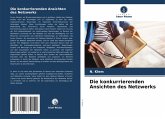

Broschiertes Buch
19. Februar 2025
Ediciones Nuestro Conocimiento
Ähnliche Artikel
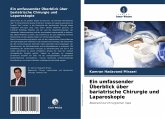
Broschiertes Buch
Basierend auf chirurgischen Tipps
23. Mai 2024
Verlag Unser Wissen


Broschiertes Buch
Erforschung chirurgischer und nicht-chirurgischer Aspekte
23. Mai 2024
Verlag Unser Wissen
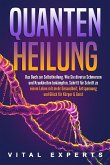
Broschiertes Buch
10. Juli 2024
EoB / Pegoa Global Media
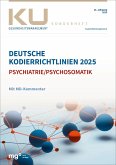
Broschiertes Buch
25. Auflage
Dezember 2024
mgo fachverlage / mgo fachverlage GmbH & Co. KG
13000147
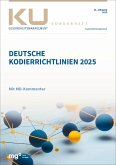
Broschiertes Buch
25. Auflage
Dezember 2024
mgo fachverlage / mgo fachverlage GmbH & Co. KG
13000146
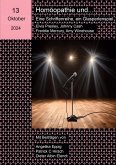
Broschiertes Buch
13. Ausgabe: Johnny Cash, Elvis Presley, Freddie Mercury, Amy Winehouse
16. Oktober 2024
BoD - Books on Demand

Broschiertes Buch
Arbeitsmaterialien für die Praxis
2. Aufl.
17. Juni 2013
Elsevier, München / Urban & Fischer
Ähnlichkeitssuche: Fact®Finder von OMIKRON
